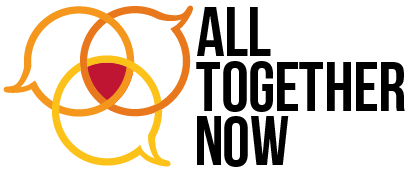All Together Now has collected a range of opinions about the importance of racial equality in the workplace:
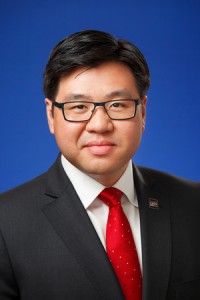 Cultural diversity defines our society. It makes good sense for organisations to make the most of it. Embracing diversity means happier clients and employees, not to mention more productive workplaces. Cultural diversity defines our society. It makes good sense for organisations to make the most of it. Embracing diversity means happier clients and employees, not to mention more productive workplaces.
Dr Tim Soutphommasane, Race Discrimination Commissioner. |
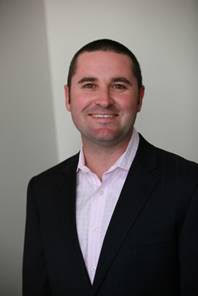 Australia is a nation of immigrants. We have been lucky to have had a rich influx of highly skilled immigrants into our country who have created the nation we love today. Sadly, Australia also has a history of racism and whilst the amount of racism/discrimination has certainly decreased over the years, it is sadly still prevalent today and we still see it expressed overtly in the recruitment market. As recently as this week we had a customer asking for candidates who were NOT English Second Language (ESL). We believe every candidate should be judged on their merits and abilities. Not their ethnicity! Australia is a nation of immigrants. We have been lucky to have had a rich influx of highly skilled immigrants into our country who have created the nation we love today. Sadly, Australia also has a history of racism and whilst the amount of racism/discrimination has certainly decreased over the years, it is sadly still prevalent today and we still see it expressed overtly in the recruitment market. As recently as this week we had a customer asking for candidates who were NOT English Second Language (ESL). We believe every candidate should be judged on their merits and abilities. Not their ethnicity!
Balance as a business commits itself to always presenting the best candidate for any role, regardless of where they were born. Balance will remain proudly defiant in the face of those who seek to discriminate. Racism and discrimination stops here at Balance! Simon Hogg, Managing Director, Balance Recruitment. |
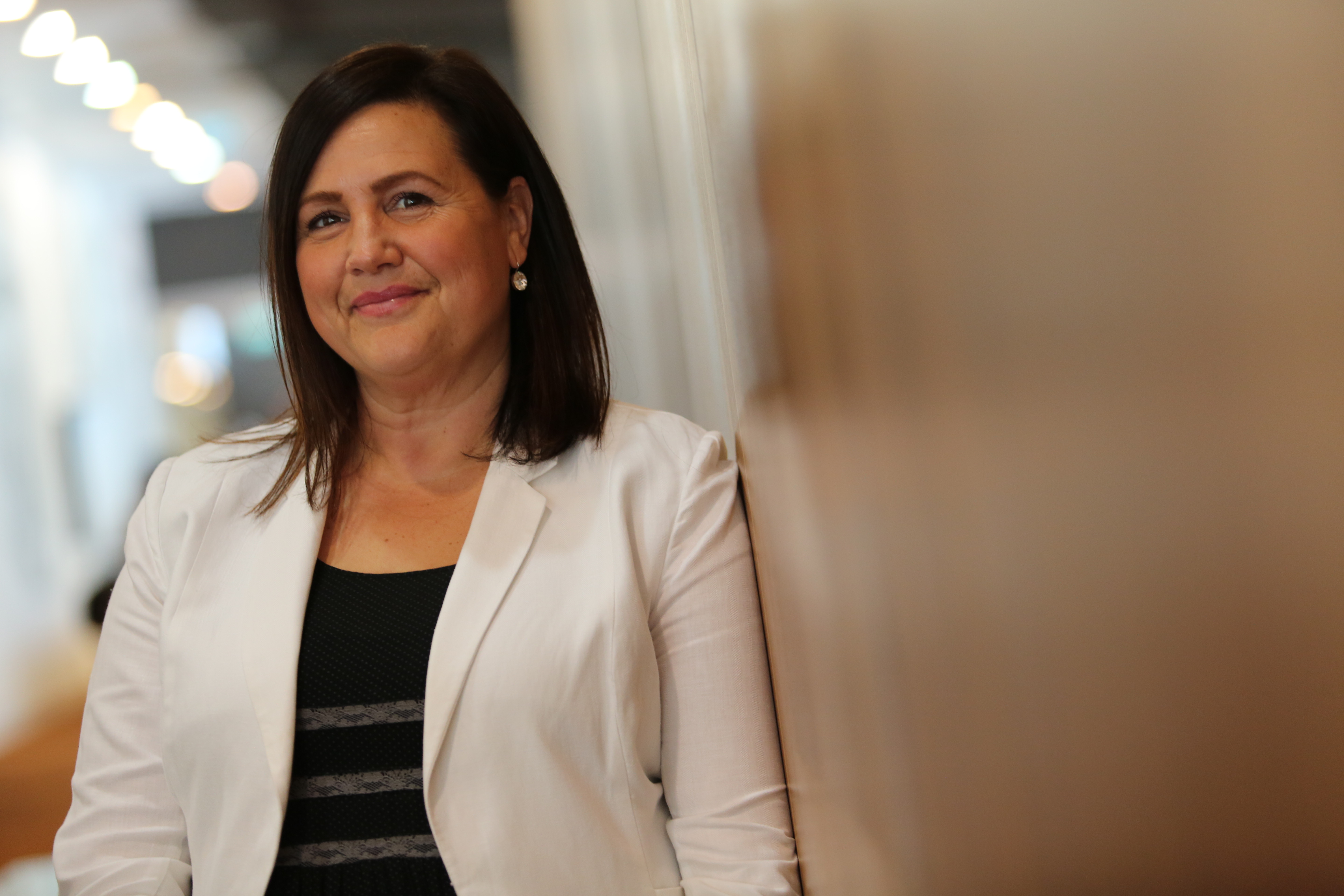 “At The Body Shop Australia we know that the success of our business depends on our people. “At The Body Shop Australia we know that the success of our business depends on our people.A culturally diverse organisation promotes respect and tolerance. It provides opportunity to learn and value each other’s backgrounds and promotes positive self-esteem and wellbeing. Embracing everything that is unique about individuals and drawing on their different perspectives and experiences will add value to the way we do business and grow our business through innovation.” Cathy Seaholme -General Manager – The Body Shop Australia. |
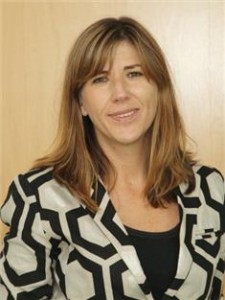 “Embracing diversity is critical to success in a global economy. Racial and ethnic background currently limit employment opportunities and increase exposure to discrimination. Developing and supporting a more diverse workforce is good for all Australians.” “Embracing diversity is critical to success in a global economy. Racial and ethnic background currently limit employment opportunities and increase exposure to discrimination. Developing and supporting a more diverse workforce is good for all Australians.”
Professor Margaret Kelaher, Director, Centre for Health Policy, Melbourne School of Population and Global Health. |
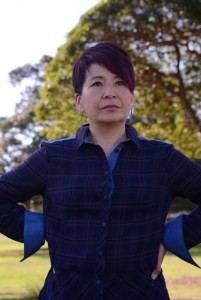 “I’ve worked extensively in the media and performing arts for over 30 years as a television presenter, actor and producer of television and theatre. In that time, I’ve been made constantly aware of the issue of racism in these industries through the lack of cultural diversity on screen and on stage. While there has been a small improvement in that time, some practices and policies regarding casting and programming remain steadfast barriers to equal participation for performers from culturally diverse backgrounds. In most cases, unless a character is described by their ethnicity, actors from culturally diverse backgrounds will not be invited to audition. Since most characters are described by their age, gender and vocation eg ‘male bank teller in his late 20s’ then actors of colour are excluded from the outset. “I’ve worked extensively in the media and performing arts for over 30 years as a television presenter, actor and producer of television and theatre. In that time, I’ve been made constantly aware of the issue of racism in these industries through the lack of cultural diversity on screen and on stage. While there has been a small improvement in that time, some practices and policies regarding casting and programming remain steadfast barriers to equal participation for performers from culturally diverse backgrounds. In most cases, unless a character is described by their ethnicity, actors from culturally diverse backgrounds will not be invited to audition. Since most characters are described by their age, gender and vocation eg ‘male bank teller in his late 20s’ then actors of colour are excluded from the outset.
“As for the roles we do get to audition for, many remain limited and stereotypical. Typically the roles I was invited to audition for in the 1990s were to play waitresses in Chinese restaurants. These days, my fellow actors of Asian background are mostly auditioned for roles as sex workers or drug traffickers. What does this say about how our industry envisions Australians of Asian background? “For us to truly become the inclusive, multicultural society we claim to be, it is crucial that practices and programming that perpetuate racial discrimination in our industry are named for what they are. In their place, we need to actively nurture scripts and artists that reflect and explore Australian society as it actually is, in all its rich diversity.” Annette Shun Wah, Lotus Playwright Program, Performancer 4a, TV Presenter, Actress. |
| “I really wish I could say this country is getting over its racist history. But it isn’t. Subject to years of genocide, Aborigines are still dispossessed of their land, and they fill the prison system disproportionately higher than the rest of society. Nothing but blatant systemic racism. On top of this bleak foundation lies over 100 years of migrants and refugees subject to the divisive whims of government, big corporations and mass media as they divert attention away from an economic system that cultivates inequality. What to do about racism? I find it very encouraging that many people over the years have banded together to fight racism in its many forms. Nothing beats solidarity. We have our workplaces as a very, very important conduit for action against racism. For example, when a trade union passes a binding motion to fight racism, the world can literally change overnight. The fight against apartheid in South Africa is a great example. My trade is basically part of the arts industry, so I choose to fight racism through my art alongside many other social justice activists and artists. We managed to decouple the ties that the Sydney Art Biennale had with a multinational company sponsor that is still profiting off the imprisonment of refugees. There is a long way to go in fighting racism, especially knowing that this country encourages war overseas and helps create the massive influx of refugees that seek a decent human existence. But it is very encouraging seeing lots of people in Europe offering solidarity and/or their homes for desperate refugees.”
Van T Rudd, Artist, Activist |
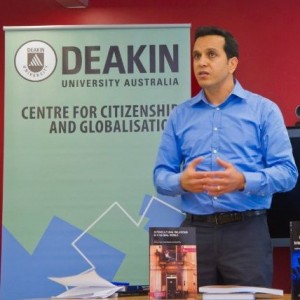 “Diversity in all its forms should not be regarded as a secondary area of public policy. It is a fundamental aspect of our interconnected societies and engenders new manifestations of cultural and social relations. it adds a definitive advantage to all our engagements be they societal, economic or cultural. our approach to diversity needs to exhibit not only a strong social inclusion dimension but more importantly a clear ethical commitment to ‘difference’ in all its manifestations so long as this difference does not itself incite violence towards and rejection of others.” “Diversity in all its forms should not be regarded as a secondary area of public policy. It is a fundamental aspect of our interconnected societies and engenders new manifestations of cultural and social relations. it adds a definitive advantage to all our engagements be they societal, economic or cultural. our approach to diversity needs to exhibit not only a strong social inclusion dimension but more importantly a clear ethical commitment to ‘difference’ in all its manifestations so long as this difference does not itself incite violence towards and rejection of others.”
Professor Fethi Mansouri, PhD UNESCO Chair-holder, Cultural Diversity and Social Justice Director, Alfred Deakin Institute for Citizenship and Globalisation Editor, Journal of Intercultural Studies Co-Editor, International Journal of Social Inclusion |
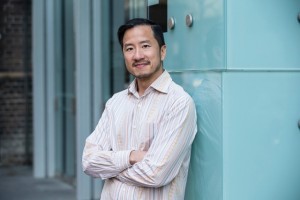 “Our workplaces shouldn’t just be about making money, but be places where we learn and grow and build friendships and community. Diversity is an important part of this: not just connecting with different types of people but celebrating our different backgrounds and ways of thinking. This would be Australia at our best.” “Our workplaces shouldn’t just be about making money, but be places where we learn and grow and build friendships and community. Diversity is an important part of this: not just connecting with different types of people but celebrating our different backgrounds and ways of thinking. This would be Australia at our best.”
Andy Quan, Boldface. |
| “In my opinion without a culturally diverse workplace organisations are only looking at tasks/objectives/goals/problems through one very narrow lens. Different approaches based on different backgrounds breed innovation in our organisation and also puts us ahead of the pack when managing global relationships that our company deals with on a day to day basis.”
Patrick Bulaca, CTO Bluewolf. |
| “Cultural diversity in an organisation is the key to global success. The leverage that diversity provides is fundamental in understanding global opportunity and how to realise that opportunity. Truly global organisations embrace cultural diversity as a primary contributor for global success. Without it, true global success cannot be achieved, organisations get left behind and expose themselves to considerable international competition.”
Greg Bergsma CEO, Raptor SSC. |
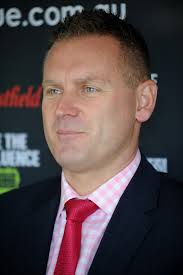 “There is no place for racism on the sporting field, in the office or anywhere else. Through the Erase Racism Round the Hyundai A-League has supported racism education campaigns and will continue to do so. Players, officials and fans should enjoy sport without fear of racial abuse or discrimination. It is a privilege to play a leading role in the continued growth of the Hyundai A-League in the most global and multicultural of sports. We all have a responsibility to act as role models for fans, players and the community at large. Football is a game which is inherently inclusive and culturally diverse – a game shared by locals, migrants and refugees alike, which fosters a deeper sense of community. Fighting racism is a team effort.” “There is no place for racism on the sporting field, in the office or anywhere else. Through the Erase Racism Round the Hyundai A-League has supported racism education campaigns and will continue to do so. Players, officials and fans should enjoy sport without fear of racial abuse or discrimination. It is a privilege to play a leading role in the continued growth of the Hyundai A-League in the most global and multicultural of sports. We all have a responsibility to act as role models for fans, players and the community at large. Football is a game which is inherently inclusive and culturally diverse – a game shared by locals, migrants and refugees alike, which fosters a deeper sense of community. Fighting racism is a team effort.”
Damien de Bohun, Head of Hyundai A-League. |
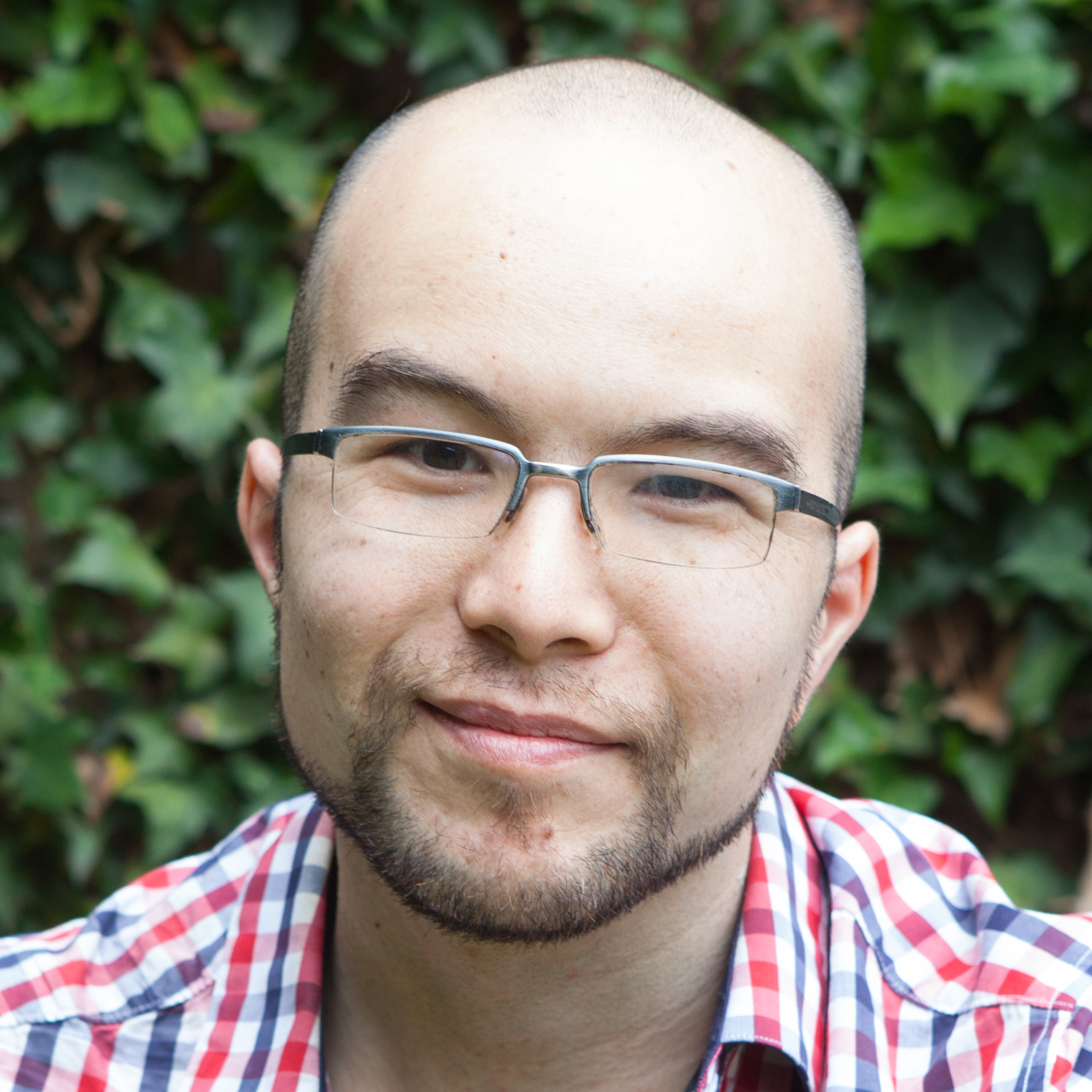 “Racism can have a very big effect on peoples’ abilities to participate at work. It can affect their ability to express themselves, make work an uncomfortable place for them to be, and deny them the opportunities that others get to improve and better their position in the workplace. Culturally diverse workplaces reap the rewards of a much friendlier environment, a broader range of skills and opinions, and a much better understanding of the markets that they’re trying to serve. This makes for extremely well-rounded companies that are flexible and able to take advantage of the opportunities afforded by a global market.” “Racism can have a very big effect on peoples’ abilities to participate at work. It can affect their ability to express themselves, make work an uncomfortable place for them to be, and deny them the opportunities that others get to improve and better their position in the workplace. Culturally diverse workplaces reap the rewards of a much friendlier environment, a broader range of skills and opinions, and a much better understanding of the markets that they’re trying to serve. This makes for extremely well-rounded companies that are flexible and able to take advantage of the opportunities afforded by a global market.”
Cameron Adams, Co-founder & CPO of Canva |
| “Everyday racism undermines the value workers bring to the workplace. It undermines confidence and can cause those it impacts to be less willing to share their ideas, take the initiative, or go the extra mile for the workplace. It damages the effectiveness of the team and the undermines the potential of the organisation.”
Dr Andre Oboler, CEO, Online Hate Prevention Institute. |
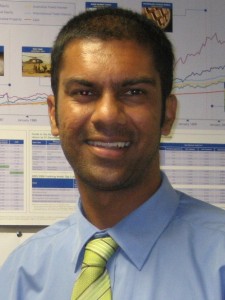 “Racism in the employment sector can be a major factor when it comes to someone who is applying for a new role or is in search for a promotion. At times, a person can think themselves into being on the receiving end of racism. And, at times, a person has real cause for concern, based on their experiences, the experiences of others, and the attitudes of others. My suggestion to anyone who is concerned about racism in the employment sector is to focus on what you can do best! Make a list of your skills, talents, abilities, and achievements. Read that list on a regular basis in order to minimise your concerns about racism. Most employers are looking for performers, regardless of race, colour, or religion. If you say it with conviction that you can add value to a potential employer or your existing employer, focus on that ie. what you can do best! Please remember, other people’s attitudes are beyond your control. What you do with your skills, your attitude, and your future is entirely up to you.” “Racism in the employment sector can be a major factor when it comes to someone who is applying for a new role or is in search for a promotion. At times, a person can think themselves into being on the receiving end of racism. And, at times, a person has real cause for concern, based on their experiences, the experiences of others, and the attitudes of others. My suggestion to anyone who is concerned about racism in the employment sector is to focus on what you can do best! Make a list of your skills, talents, abilities, and achievements. Read that list on a regular basis in order to minimise your concerns about racism. Most employers are looking for performers, regardless of race, colour, or religion. If you say it with conviction that you can add value to a potential employer or your existing employer, focus on that ie. what you can do best! Please remember, other people’s attitudes are beyond your control. What you do with your skills, your attitude, and your future is entirely up to you.”
Ron Prassad – Australian of The Year Nominee/Speaker. |
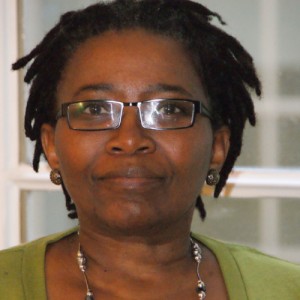 I lived and worked in the US in the early 80s it was an artificial environment as I lived in a University Town. It is hard to judge because I think different industries have different challenges. My experience has been to experience more blatant racism as I got more responsibility within a professional capacity. Unfortunately racism is often laughed off as a joke and victims are further vilified for not being a “spot”. The most upsetting aspect of racism in the work place, or in services is the denial. I lived and worked in the US in the early 80s it was an artificial environment as I lived in a University Town. It is hard to judge because I think different industries have different challenges. My experience has been to experience more blatant racism as I got more responsibility within a professional capacity. Unfortunately racism is often laughed off as a joke and victims are further vilified for not being a “spot”. The most upsetting aspect of racism in the work place, or in services is the denial.
“I had just taken a position as an Executive Director for a small NGO, the clinical director introduced me to a spouse of one of the staff members at a welcome get together – the response was “is it OK is I call you a Negro” so my name did not really matter. It was during this time that it transpired that I could not be an African because African could not possibly have a job I did. “On another occasion, after securing a job in a big public institution I was asked why we are taking Australian good jobs, my response was to advise the person in question that he should be asking himself about Australian capabilities if they have to import the likes of me. I referred them to Dr Bob Birrell (Centre for Population and Urban Research) at Monash University and informed him that I doubt if he would qualify for my job as it required post-graduate qualifications. The sad issue is that someone like me cannot win; I am either too African or not African enough. The amazing comment was when someone was asked if I was a lawyer and the said no, a social worker they said no, and the question of my credentials as a human rights specialist was reduced to my African heritage because that where human rights are abused.” Mmaskepe Sejoe, Applied Human Rights Service. |
 “Diversity in the workplace is our greatest strength, it brings fresh perspectives innovation and cultures that enrich our frameworks and engagement. It enables us to be agile, adaptive and transformative by being able to have a global perspective at a local level.” “Diversity in the workplace is our greatest strength, it brings fresh perspectives innovation and cultures that enrich our frameworks and engagement. It enables us to be agile, adaptive and transformative by being able to have a global perspective at a local level.”
Kon Karapanagiotidis, OAM, CEO at the Asylum Seeker Resource Centre. |
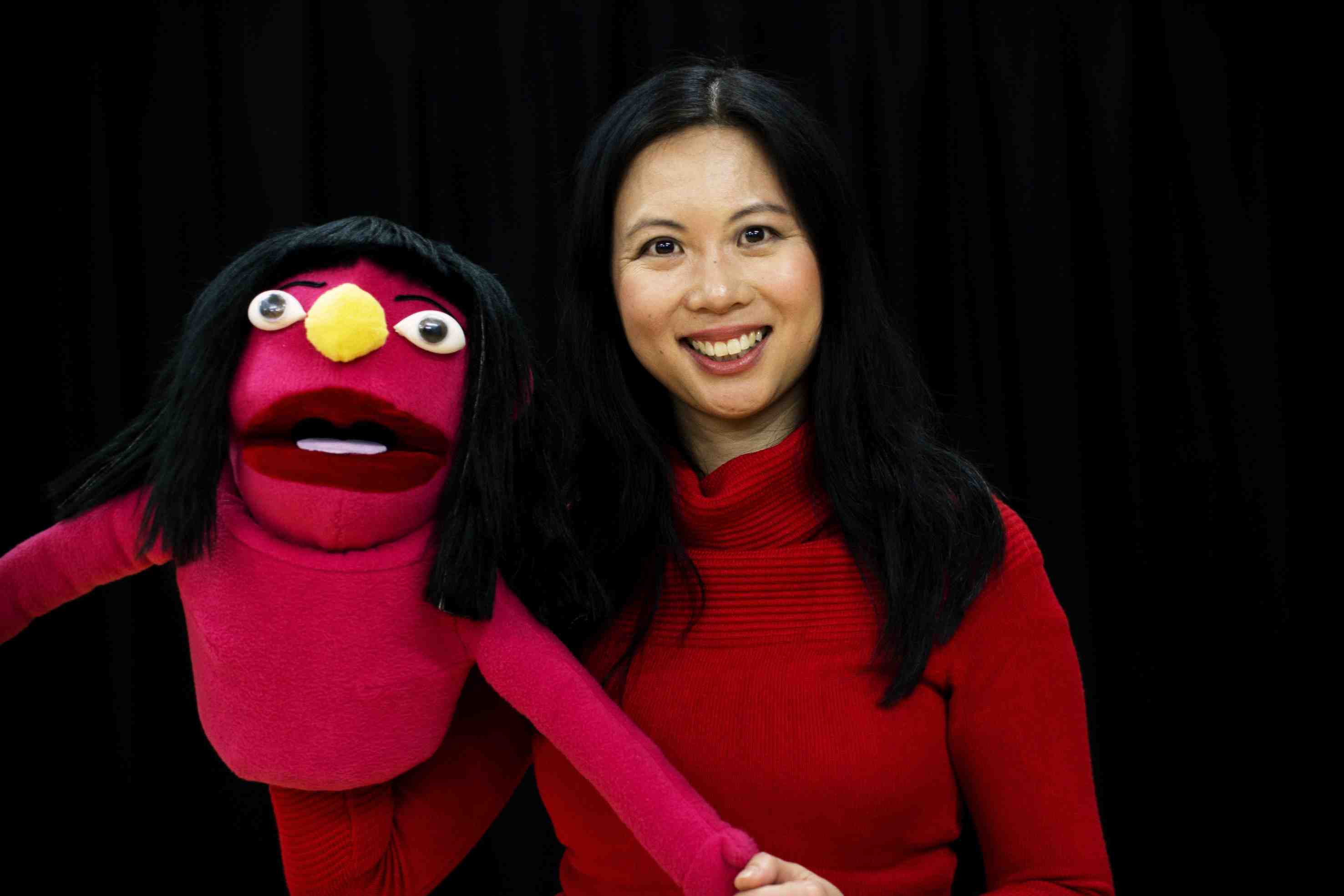 “I’ve worked extensively in schools, theatre, and the performing arts for over 20 years as a presenter, actor, producer of theatre, writer and teacher and have witnessed racism first hand. Due to the lack of cultural diversity on screen and substantial role models for our youth in the main stream media, many of my friends and I have had to produce productions independently, that show diversity in all areas- theatre, film, literature & video. “I’ve worked extensively in schools, theatre, and the performing arts for over 20 years as a presenter, actor, producer of theatre, writer and teacher and have witnessed racism first hand. Due to the lack of cultural diversity on screen and substantial role models for our youth in the main stream media, many of my friends and I have had to produce productions independently, that show diversity in all areas- theatre, film, literature & video.
We live in a multicultural society hence this should be portrayed on screen in a non-stereotype way, so everyone, particularly our youth, can have role models to look up to and feel included in our society. Hence the reason why I produced The Wong Side of Life, originally a theatre play, with actors and puppets playing alongside each other, addressing racism and bullying, which is now a “Kindness is for Free” workshop initiative in schools. Here children are able to experience what it’s like to be a bully & to be bullied through role playing with the puppets and making popsicle puppets through creativity. I’ve also founded the yearly Joy House Film Festival, which shows short films of joy and diversity, supported by Actor’s Equity’s diversity committee and Women in theatre and screen. Here we award prizes for not only best film but best DIVERSITY film and best W.I.T.S (Women in theatre & Screen) film too. Making a positive difference so everyone feels equally included is important in order for us to grow together as a society. Our work needs to reflect Australia’s multicultural society as it actually is today – diverse and beautiful.” Joy Hopwood, Founder, Joy House Productions |
